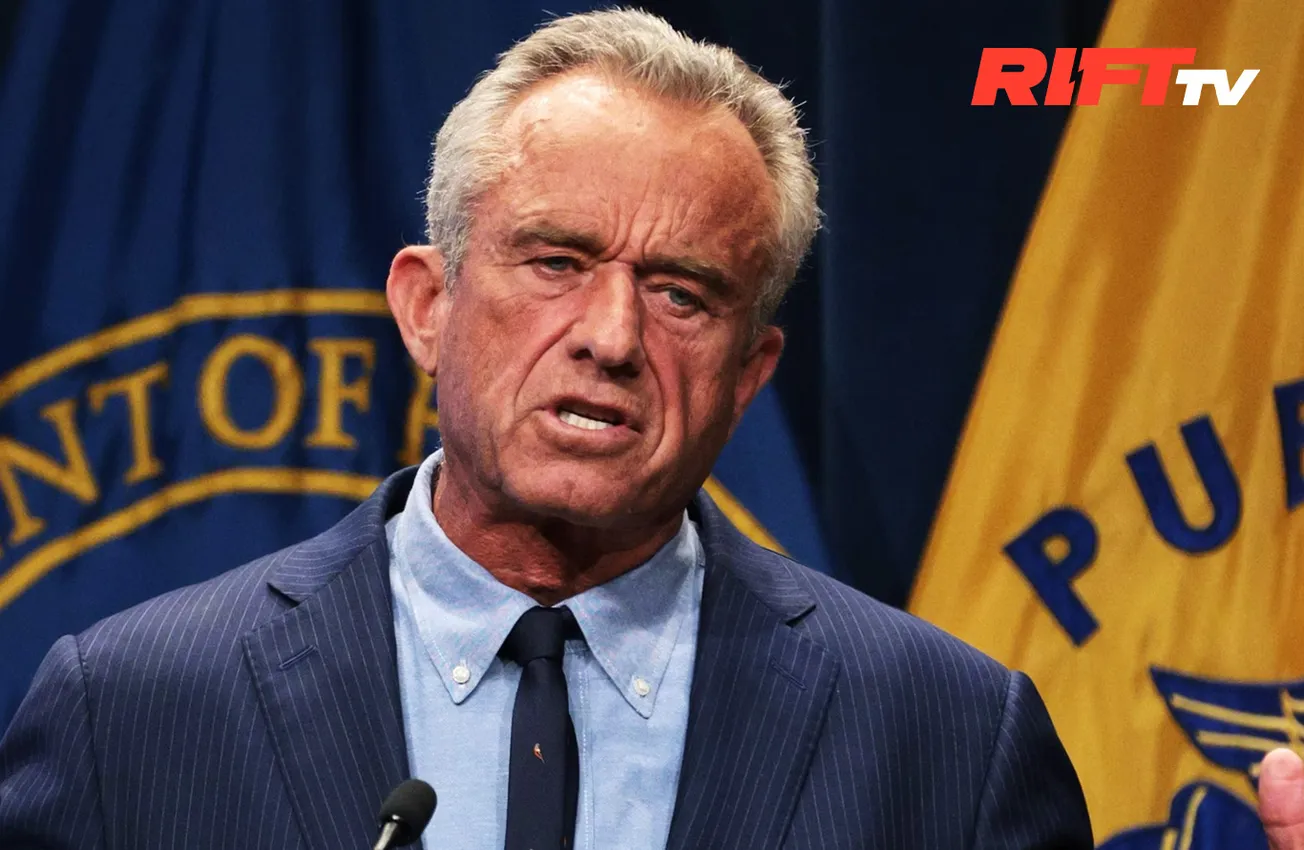Diversity, Equity, and Inclusion (DEI) initiatives have infiltrated nearly every level of government and corporate America, touted as a way to create fairness and inclusivity. However, when it comes to critical professions like law enforcement, the stakes are far too high for anything less than merit-based hiring and promotions. The recent federal push by Donald Trump to prioritize merit over identity is a step in the right direction, but state and local governments must follow suit to ensure safety, accountability, and effectiveness.
The issue is not about whether women or minorities are capable of serving in law enforcement—it’s about ensuring that all officers, regardless of gender or background, meet the highest standards of competence and integrity. Unfortunately, the reality of DEI-driven hiring practices has created disparities in accountability, resulting in dangerous situations for officers, their colleagues, and the public.
DEI Champions pic.twitter.com/DOTukwVIRP
— Steve Inman (@SteveInmanUIC) January 22, 2025
Dangerous Failures Under DEI Policies
Here are some of the worst examples where inadequate performance, potentially linked to DEI initiatives, has led to catastrophic outcomes:
1. Officer Mindy Cardwell (Jacksonville, FL)
During a routine traffic stop in December 2024, Officer Mindy Cardwell accidentally discharged a firearm while attempting to disarm a legally armed civilian, Jason Arrington. The bullet struck Arrington in the thigh, causing severe injury. An internal investigation revealed that Cardwell had not followed standard disarmament procedures. This incident not only endangered Arrington but also eroded public trust in law enforcement. Arrington is now suing the Jacksonville Sheriff's Office, citing long-term harm.
2. Corrections Officer Vicky White (Alabama)
In April 2022, Vicky White, a decorated corrections officer, helped inmate Casey White escape custody. The two were on the run for 11 days before being apprehended. Vicky White took her own life during the standoff. Her failure to uphold the law not only endangered communities but also highlighted the risks of placing individuals in positions where personal biases or emotional entanglements can jeopardize public safety.
3. Detectives Ingrid Sanders and Ada Reyes (New York)
In January 2025, Detectives Sanders and Reyes became embroiled in a federal investigation into a sex-for-overtime scandal. Allegations surfaced that their involvement in unethical activities compromised public funds and undermined the department’s integrity. While these detectives are not yet charged, the mere association with such behavior damages the credibility of law enforcement agencies and raises questions about the standards being applied.
4. Officer Kim Potter (Minnesota)
Kim Potter’s tragic error in April 2021 resulted in the death of Daunte Wright. Potter claimed to have mistaken her firearm for a Taser during a traffic stop. While this mistake was unintentional, it underscored the importance of rigorous training and competence. Such errors are not a matter of gender but demonstrate why merit and proven ability must always come first.
🚨NEW: Florida female cop is being fired for accidentally shooting a man with his own gun during a traffic stop
— Unlimited L's (@unlimited_ls) January 22, 2025
Officer Mindy Cardwell assisted with a traffic stop on December 13 after Jason Arrington, 39, was pulled over for running a red light
Cardwell tried to remove the gun… pic.twitter.com/S66WoIJmb6
The Flaws in DEI Hiring Practices
DEI initiatives often prioritize filling quotas over ensuring that the most qualified individuals are selected. While diversity is a worthy goal, it must never come at the expense of competence, training, and accountability. Here are the key issues:
- Lower Standards: To meet DEI goals, hiring standards may be relaxed, allowing less qualified candidates into critical roles.
- Reduced Accountability: Instances of poor performance or misconduct are sometimes downplayed to avoid accusations of bias, leading to inconsistent enforcement of standards.
- Erosion of Public Trust: High-profile failures contribute to public skepticism about law enforcement’s ability to protect and serve effectively.
Why Merit-Based Policies Are Essential
Donald Trump’s executive action to promote merit-based hiring at the federal level is a blueprint for restoring accountability. Here’s why local and state governments must adopt similar policies:
- Public Safety: Policing is a life-or-death profession. Every officer must be equipped to make split-second decisions under pressure. Lives depend on it.
- Trust in Law Enforcement: Citizens need to trust that their protectors are chosen for their abilities, not their demographics.
- Equality of Opportunity: True fairness means giving everyone an equal chance to earn their place through hard work and skill—not through quotas.
A Call to Action
It’s time to put an end to DEI-driven hiring practices in law enforcement. State and local municipalities must adopt merit-based policies to ensure that only the most qualified individuals wear the badge. Anything less is a disservice to the officers who risk their lives daily, to the communities they serve, and to the principles of fairness and excellence that should define our public institutions.
Let’s follow the example set at the federal level and demand accountability at every rank. Diversity achieved through merit, not mandates, will lead to stronger, safer, and more effective law enforcement agencies. Only then can we truly protect and serve.
Please leave your opinions / comments on these stories below, we appreciate your perspective!








